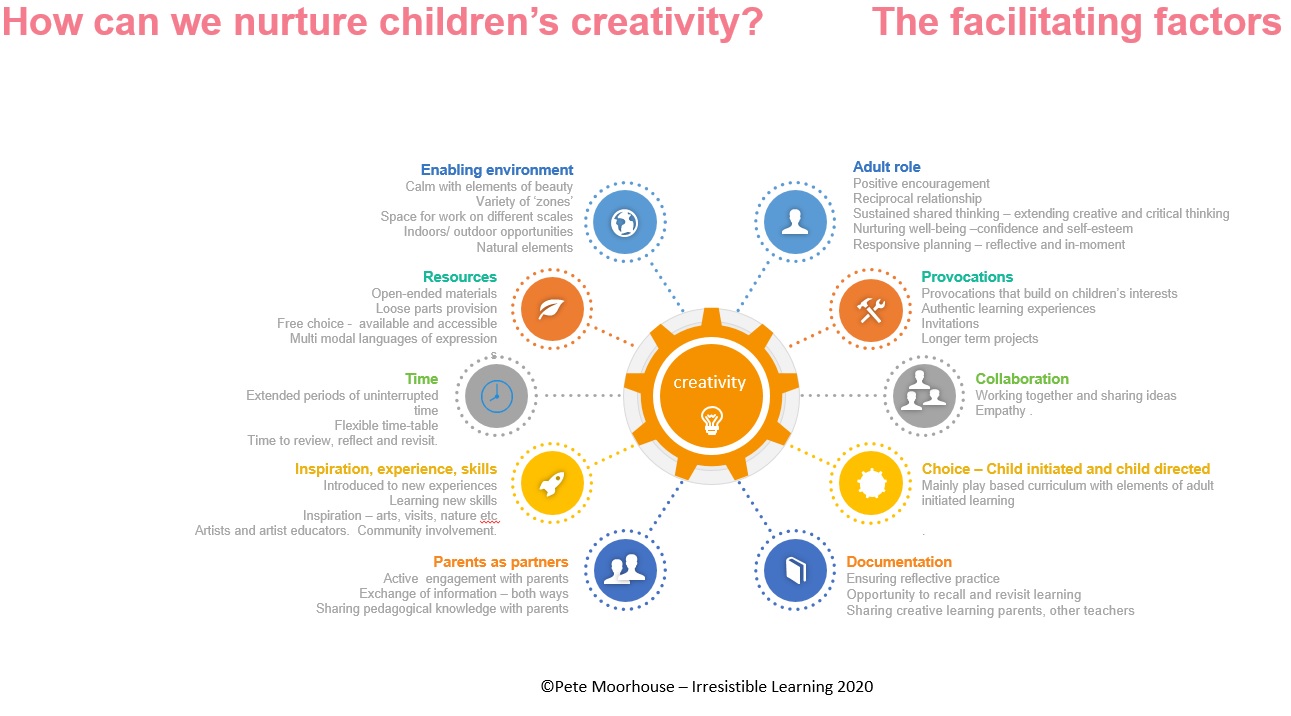Effective Strategies for Teaching Life Skills
In today’s rapidly changing world, the importance of teaching life skills to students cannot be overstated. From communication and problem-solving to financial literacy and emotional intelligence, life skills play a crucial role in preparing students for success in both their personal and professional lives. Here are some practical tips for educators looking to teach these vital skills effectively.
Understanding the Importance of Life Skills Education
Before delving into specific teaching strategies, it’s essential to understand why life skills education matters. Life skills equip students with the knowledge, attitudes, and abilities they need to navigate various challenges and opportunities in life. By teaching life skills, educators empower students to make informed decisions, build healthy relationships, manage stress, and achieve their goals.
Integrating Life Skills into the Curriculum
One effective way to teach life skills is by integrating them into the existing curriculum. Rather than treating life skills as a separate subject, look for opportunities to embed them organically into lessons and activities across different subject areas. For example, teach communication skills through class discussions and presentations, financial literacy through math lessons, and critical thinking through problem-solving activities.
Promoting Experiential Learning
Experiential learning provides students with hands-on opportunities to apply and practice life skills in real-world contexts. Create experiential learning opportunities that simulate real-life scenarios and require students to use critical thinking, decision-making, and problem-solving skills. For example, organize role-playing exercises, case studies, or service-learning projects that challenge students to apply life skills in authentic situations.
Encouraging Collaboration and Peer Learning
Collaborative learning environments foster the development of essential life skills such as teamwork, communication, and conflict resolution. Encourage collaboration among students by incorporating group projects, cooperative learning activities, and peer mentoring opportunities into your teaching practice. Provide guidance and support as students work together to achieve common goals, emphasizing the importance of effective collaboration in both academic and professional settings.
Emphasizing Reflective Practice
Reflection is a critical component of learning and personal growth. Encourage students to reflect on their experiences, actions, and decisions, and consider how they can apply lessons learned to future situations. Incorporate reflective activities such as journaling, self-assessment exercises, or group discussions into your teaching practice. By fostering a culture of reflection, educators can help students develop self-awareness, resilience, and continuous improvement skills.
Teaching Practical Problem-Solving Skills
Problem-solving is a fundamental life skill that is essential for success in all aspects of life. Teach students practical problem-solving strategies, such as breaking down complex problems into manageable steps, brainstorming solutions, evaluating alternatives, and making informed decisions. Provide opportunities for students to apply these problem-solving skills to real-life challenges they may encounter in their personal and academic lives.
Cultivating Emotional Intelligence
Emotional intelligence, or the ability to recognize, understand, and manage emotions, is a critical life skill that contributes to overall well-being and success. Incorporate activities and discussions that help students develop emotional intelligence, such as identifying and expressing emotions, practicing empathy and active listening, and managing stress and conflict constructively. By cultivating emotional intelligence, educators empower students to navigate social relationships and make responsible decisions.
Teaching Financial Literacy
Financial literacy is another essential life skill that is often overlooked in traditional education. Teach students the basics of personal finance, such as budgeting, saving, investing, and managing debt. Use real-life examples and practical exercises to help students understand concepts such as interest rates, credit scores, and financial planning. Empower students to make informed financial decisions that will set them on the path to financial stability and independence.
Fostering Resilience and Adaptability
Life is full of challenges and setbacks, and resilience is the ability to bounce back from adversity and persevere in the face of obstacles. Teach students strategies for building resilience, such as developing a growth mindset, setting realistic goals, seeking support when needed, and maintaining a positive attitude in the face of challenges. Encourage students to view setbacks as opportunities for growth and learning, rather than insurmountable obstacles.
Promoting Lifelong Learning and Growth
Finally, instill in students a love of learning and a growth mindset that encourages continuous improvement and self-development. Emphasize the value of lifelong learning and the importance of staying curious, adaptable, and open-minded in an ever-changing world. Encourage students to take ownership of their learning journey and pursue opportunities for personal and professional growth beyond the classroom.
By implementing these practical tips for teaching life skills effectively, educators can empower students to thrive in the classroom and beyond, equipping them with the tools they need to lead fulfilling and successful lives. Read more about useful tips for teachers to apply when teaching life skills






